⚠️Every post begins with a question and grows from my ongoing search to know God and understand His purpose for humanity. What you read here reflects my current view—born from study and wonder—and I often revisit and update my writings as I continue to learn and see more clearly.
“For God so loved the world, that He gave His only begotten Son,
that whoever believes in Him shall not perish, but have eternal life.” — John 3:16
We’ve all heard it. We’ve all seen it on bumper stickers, at sports events, and on coffee mugs.
But do we actually know what Jesus meant when He said it?
Let’s slow down, take off our tradition-tinted glasses, and hear these words the way they sounded in the first century as part of Jesus’ loving warning that those who reject the light remain in darkness, clinging to lies that lead to ruin, while those who step into the light find life and truth. (John 3:19–21)
When the Familiar Needs a Holy Shake-Up
We’ve heard John 3:16 so many times that its meaning feels set in stone. The words roll off our tongues with the certainty of a well-worn slogan, but that doesn’t make our understanding correct.
Sometimes it takes the gentle (or not-so-gentle) shaking of the Holy Spirit to loosen our grip on repeated — yet mistaken — translations and interpretations.
In the Evangelical world especially, this verse has been framed through a lens of fear and afterlife anxiety, far from the life-giving reality Jesus was describing.
- Fun fact: During the 2012 Super Bowl, when quarterback Tim Tebow famously painted John 3:16 under his eyes, Google reported a record-breaking surge in searches for the verse. Yet for many who looked it up and didn’t already know it by heart, the familiar English translation probably landed as the same old religious ultimatum: believe or face the consequences. I can’t help but wish Tebow had known and could have shared the far more powerful and hope-filled reality behind those beloved lines of Scripture.
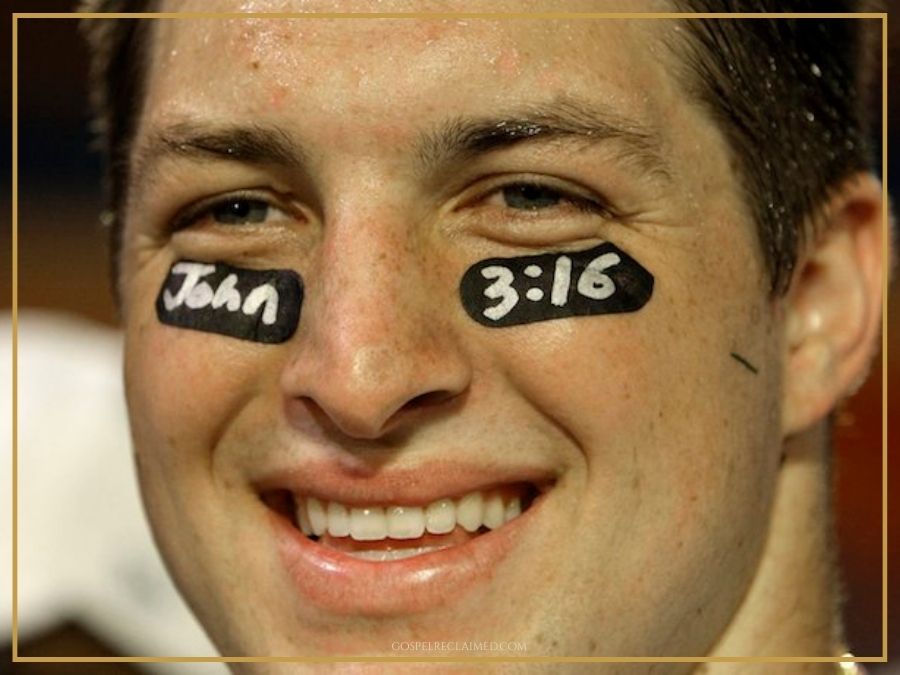
“Perish” — The Word That Changed the Gospel
When most people read “perish,” their minds jump straight to one conclusion: eternal conscious torment. For many, this single word has been the proof-text for a forever-burning hell.
But that’s not what Jesus said, and it’s not what the Greek word means.
The word here is ἀπόλλυμι (apollumi), which means to destroy, ruin, or lose.
It’s the same word Jesus uses in Luke 19:10: “For the Son of Man came to seek and to save the lost.”
Notice the connection?
The “lost” (apollumi) are not those sentenced to endless torment; they are those whose lives, identities, and purpose have been ruined or wasted; those alienated in their own minds from the life of God (Ephesians 4:18). They are the very ones Jesus promised to seek and save.
As He said in the parables of the lost sheep and the lost coin (Luke 15:4–10), the Shepherd doesn’t rest until every sheep is found, and the woman searches until every coin is recovered.
Being “lost” means you belong, and God will not stop until He finds what belongs to Him (Ezekiel 18:4; Romans 11:36) and restores those perishing in the darkness of lies.
John 3:17 “For God did not send the Son into the world to judge the world, but that the world might be saved through Him.”
The contrast isn’t between “heaven forever” and “hell forever,” but between living in God’s reality versus walking in self-inflicted ruin.
To “perish” is to be wandering without the knowledge of who you are and whose you are. It’s a tragedy of separation in perception not in reality, because nothing can actually separate us from the love of God (Romans 8:38–39).
In other words, “perish” is a state, not a death sentence. And the One who came to seek and save the lost doesn’t abandon them to that state forever.
Eternal Life — More Than Living Forever
When most people hear “eternal life,” they picture heaven after death, an endless future in a better place. But that’s not how Jesus defined it.
In John 17:3, He makes it unmistakably clear: “And this is eternal life, that they know You, the only true God, and Jesus Christ whom You have sent.”
Eternal life is not simply life that never ends, it is God’s own quality of life. It’s the knowing, experiencing, and living from union with our Father, Savior, and Comforter. This kind of life begins here and now the moment the truth pierces our hearts.
Jesus reinforces this in John 5:24: “Truly, truly, I say to you, he who hears My word and believes Him who sent Me has eternal life, and does not come into judgment, but has passed out of death into life.”
Notice the tense — has, not will have. Eternal life is a present possession, not a delayed prize. To know God is to already live from the reality of His Kingdom, even while walking in this world.
And this fits perfectly with the context of John 3:17–211:
- Light is the revelation of God’s truth — the knowing that leads to life.
- Darkness is the refusal of that light — the clinging to lies that destroy us and lead to death.
Paul echoes this in Romans 8:6: “For the mind set on the flesh is death, but the mind set on the Spirit is life and peace.”
Jesus doesn’t present ‘eternal life’ as a distant hope, but as the immediate experience of stepping into His light.
The tragedy is that many live as if they were still dead, trapped in the shadows of fear, deception, and self-reliance. But the promise remains: eternal life is not for the select few who “make it”, it is God’s intention for the whole world He loves.
The promise of the redemption of all who walk in darkness is clear: “The true Light, which, coming into the world, enlightens every person.” — John 1:9
“All flesh shall see the salvation of God.” — Luke 3:6 / Isaiah 40:3–5
And just as “perish” is a state, not a sentence, eternal life is a reality, not a reward, a reality that will one day be fully realized by all when the Light leaves no shadow unlit.
Judgment — The Self-Inflicted Alienation of the Mind
In John 3:18–21, “This is the judgment (krisis)”
Jesus reveals that judgment is the exposure of darkness and the recognition of a soul in need of salvation. Those who love darkness avoid the light because it reveals their deeds, while those who live by the truth step into the light so their works may be seen as having been done in God.
The Greek word κρίσις (krisis) means a decision, separation, or distinguishing — the act of evaluating and making something clear. It’s not inherently a word for “condemnation” or “punishment,” but for a decisive moment where truth is revealed and a choice is made plain.
This ties directly to John 16:8, 11, where Jesus says the Holy Spirit will convict the world “concerning judgment (krisis), because the ruler of this world has been judged.”
In other words, the ultimate “krisis” is the unveiling of evil’s defeat and the pulling back of the veil so humanity can see reality as it is.
I’ll unpack this more in my upcoming post, “The Judgment of God”, where we’ll explore how divine judgment in Scripture is rooted in rescue, restoration, and the burning away of lies, not eternal condemnation.
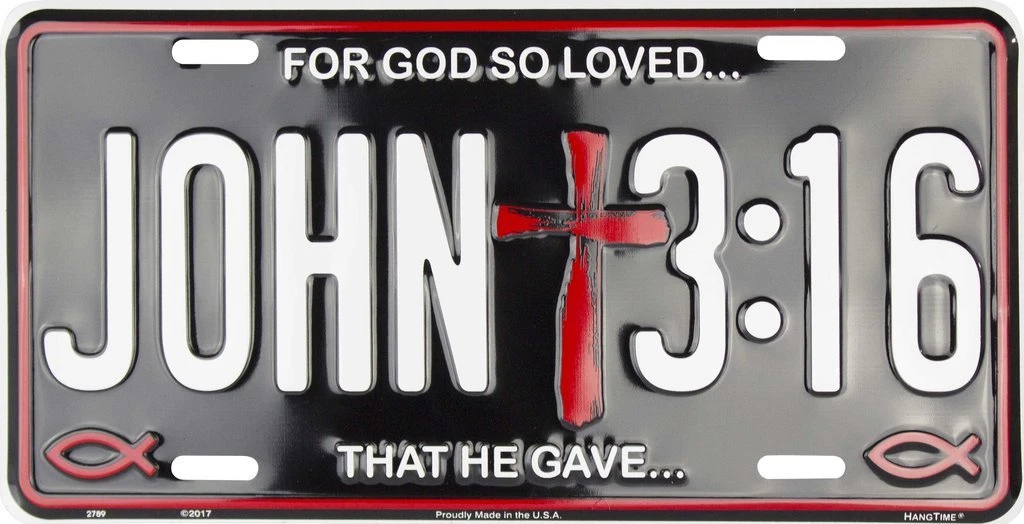
None Will Be Lost
Jesus makes an unshakable promise:
“This is the will of Him who sent Me, that of all that He has given Me I lose nothing, but raise it up on the last day.” — John 6:39
He knew exactly what had been entrusted to Him: “Jesus, knowing that the Father had given all things into His hands…” — John 13:3
“All things” means nothing and no one lies outside His reach.
In fact, He assures us: “All that the Father gives Me will come to Me, and the one who comes to Me I will certainly not cast out.” — John 6:37
The One who came to seek and save the lost will not fail in His mission. Perishing is not the final word, restoration is. His hands are not weak, His reach is not short, and His determination is not partial. Everyone and everything given to Him will be found, healed, and raised up.
The “Turn or Burn” Myth
Jesus promised that the Father gave Him authority to give eternal life to all whom He has been given (John 17:2).
This life is the intimate knowing of God, a reality so complete that one day, “they will all know Him, from the least to the greatest” (Jeremiah 31:34). He is “the bread of God… who comes down out of heaven and gives life to the world” (John 6:33).
John 3:16 is a call to life and light, not a threat of “turn or burn”. It’s a gentle yet urgent warning from Jesus. He’s telling us that those who refuse to open their eyes to the kind of life He freely gives will remain in ignorance and suffer the natural outcome of sin: ruin.
But when we know and receive the grace to truly realize the Gospel — the proclamation of Christ’s triumph for all mankind — we begin to live from that life here and now.
It’s the life that draws us into the light, into truth, where we see that we’ve been set free from the bondages of sin and equipped with “everything we need for life and godliness” (2 Peter 1:3).
This life is marked by virtues already planted within us: “love, joy, peace, patience, kindness, goodness, faithfulness, gentleness, and self-control” (Galatians 5:22–23). And though we still face the sufferings of this present world, we walk in the unshakable reality that we are beloved, our lives have meaning, and we were created to live from Love and to love — forever and ever.
If this unsettles your understanding of sin, read “Missing the Mark,” where sin is exposed not as mere moral failure, but as spiritual amnesia — humanity forgetting its origin, its union, and its true life, like the prodigal son.
FAQs
What does “perish” mean in John 3:16?
The word here is ἀπόλλυμι (apollumi) — which means to destroy, ruin, or lose. It’s the same word Jesus uses in Luke 19:10:
“For the Son of Man came to seek and to save the lost.”
What is Eternal Life?
In John 17:3, He makes it unmistakably clear:
“And this is eternal life, that they know You, the only true God, and Jesus Christ whom You have sent.”
Eternal life is not simply life that never ends — it is God’s own quality of life. It’s the knowing, experiencing, and living from union with our Father, Savior, and Comforter. This kind of life begins here and now the moment the truth pierces our hearts.
What does John 3:16 mean?
John 3:16 is a call to life and light, not a threat of “turn or burn” It’s a gentle yet urgent warning from Jesus. He’s telling us that those who refuse to open their eyes to the kind of life He freely gives will remain in ignorance and suffer the natural outcome of sin: ruin.
- John 3:17–21 (NASB 1995)
17 “For God did not send the Son into the world to judge the world, but that the world might be saved through Him.
18 “He who believes in Him is not judged; he who does not believe has been judged already, because he has not believed in the name of the only begotten Son of God.
19 “This is the judgment, that the Light has come into the world, and men loved the darkness rather than the Light, for their deeds were evil.
20 “For everyone who does evil hates the Light, and does not come to the Light for fear that his deeds will be exposed.
21 “But he who practices the truth comes to the Light, so that his deeds may be manifested as having been wrought in God.” ↩︎

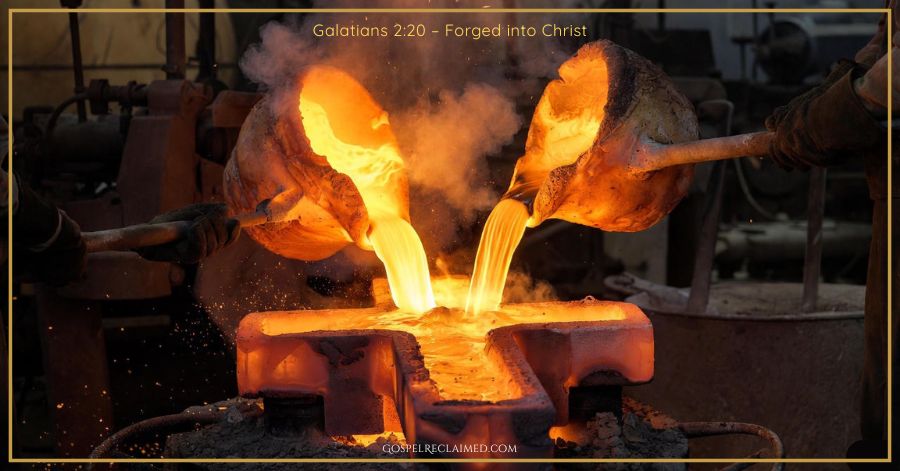
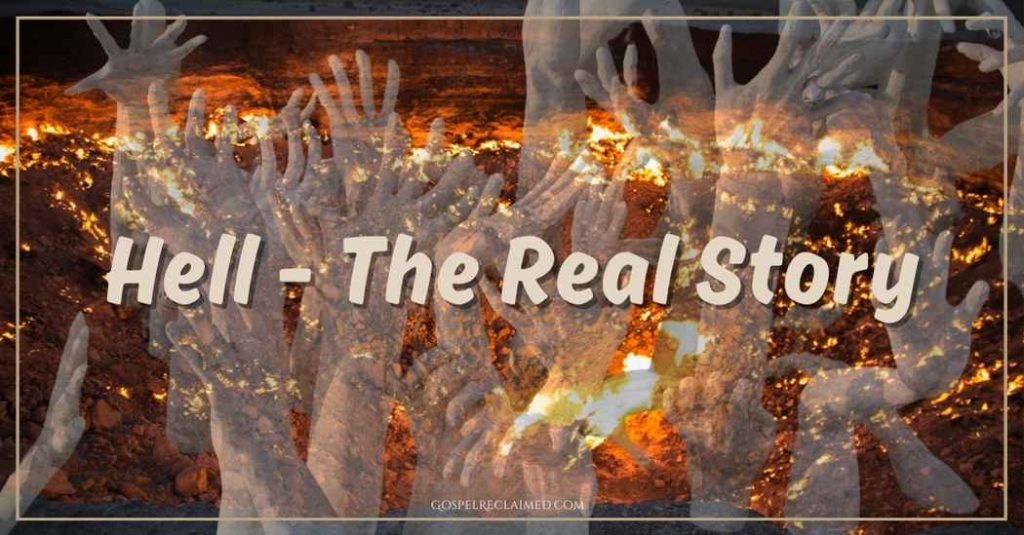

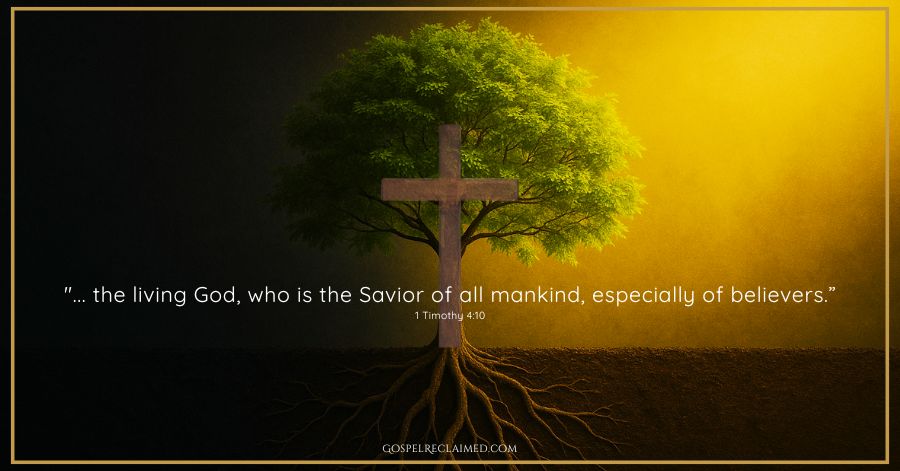


One Response
> This ties directly to John 16:8, 11, where Jesus says the Holy Spirit will convict the world “concerning judgment, because the ruler of this world has been judged.” In other words, the ultimate “krisis” is the unveiling of evil’s defeat and the pulling back of the veil so humanity can see reality as it is.
This just bring something into remembrance for me about how the world isn’t what it truly is. And the celebrities, politicians, and those in power are controlling everything. It just a lot really. God is truly amazing, because those ones in power has already been defeated.